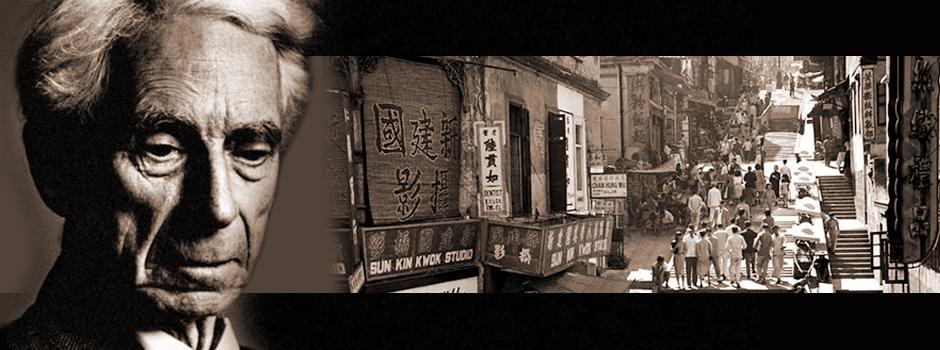On March 22, Dr. Louis Greenspan, Emeritus Professor in the Department of Religious Studies at McMaster University, offered an extended examination on how British philosopher, mathematician and social critic Bertrand Russell shaped intellectual discourse on China in the early 1920s.
In his presentation titled Bertrand Russell on Serenity and Revolution: China 1920-21, Dr. Greenspan revisited the history of Russell’s trip to China during 1920-21 as a guest of the University of Peking. For roughly 10 months, the Nobel laureate travelled around the country and gave 63 public lectures.
“Russell was the ideal guest for Chinese academia at that historical period, for his achievements in both mathematics and philosophy,” said Dr. Greenspan, who has been a scholar of Russell’s work for more than 30 years. “At that time, Chinese scholars were struggling to design a republic that would appropriate the best ideas of Western modernity.”
After returning to the UK, Russell wrote a book titled The Problem of China, telling the story of his time in China and offering insights and predictions about the country’s potential as one of the greatest powers after the United States by its resources and population.
According to Dr. Greenspan, Russell followed closely the heated intellectual debate at the time about the selection of the best political governance structure for China. Russell, himself, was deeply interested in finding a “third way,” as an alternative to both western capitalism and revolutionary socialism, which he had observed up close during an earlier visit to the Soviet Union.
Apart from giving lectures, Russell devoted much of his time in China to learning about Chinese culture. Later on, he would write about what he had seen to address critics of China.
“Russell believed China was a highly civilized society with honored histories and cultures,” said Dr. Greenspan, “While China needed Western science, he believed that traditional Chinese civilization offered a vision of the good life that might discipline the destructive dynamism of the western world.”



